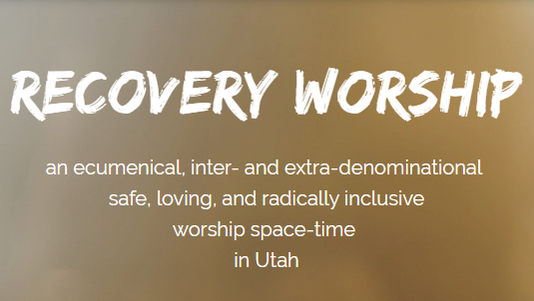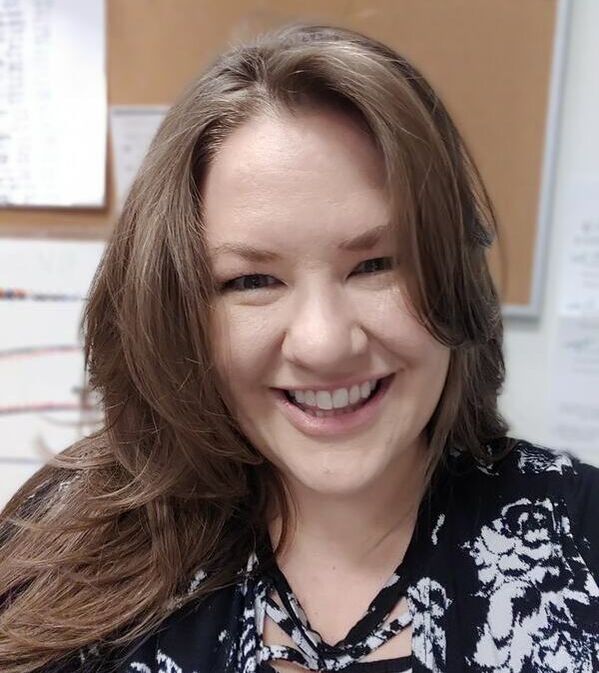|
This is the short-ish version of a much, much longer story. Someday I'll work on the longer version, but for now... 1) On Music in Worship: I love music. I have always loved music. To me, music is 10000% a language. But, sadly and unbelievably, many are still fighting "the worship wars" and trying to spread the idea that the only "real" or "sacred" music are old hymns, not contemporary music. I could write pages and pages and chapters on this topic, but here are a few bottom-lines: - a lot of songs in the hymnals are contemporary songs from the 70s/80s/90s and beyond, re-styled as a hymn. - if you think all contemporary music is "vapid" or "shallow" or "has nothing to say": 1, let me see your hymnal; and 2, there is a wealth of powerful contemporary music out there, you just have to find it. - if you're allowed to have a preference for pipe organs [the official instrument of the disciples, obv.] over guitars & drums & other instruments, why am I not allowed to have a preference for more modern instruments over pipe organs? Anyway. We have a diversity of musical styles that have been / are currently incorporated into the way we worship. Why not celebrate that diversity? Why not come together, share our styles with each other and with God, and admire the beautiful differences all to God's glory? 2) On Affirmation Again, I could write pages and chapters on tolerance vs. affirmation, greeting vs. welcoming. And many have, particularly people of color and people in the LGBTQIA+ community. But, to keep this short-ish, the keys are: - you must actually welcome and fully affirm people in order for them to feel welcome. Have you ever gone to a space where you feel unwelcome? Let alone in A CHURCH? It's the worst. Don't just tolerate people. Don't tell them you love them but hate their essence which you believe is sin. Get to a place where you affirm people for who they are and don't wish to change them or cast judgement on them. - there are some churches that don't really talk about issues like this. They don't exactly say, "x type of people are not welcome here," but they also don't say "x type of people are absolutely welcome here and we freaking love them." That's not welcoming. You might be welcoming in person, but statistically you are more likely to be unwelcoming, and who wants to waste their time and spoons figuring it out? It is too much to ask of people. Heck, I am just a cishet white ally, and even I have felt the microaggressions and the welcome. Even I have noticed the tangible difference between full affirmation/understanding/acceptance and mere tolerance. And I'm sick of it. If I'm sick of it, don't you think people belonging to more marginalized groups than I are even sicker of it? 3) On the intersection of these two things So, here in Utah, there aren't exactly a whole lot of mainline churches. In fact, of the 4 largest mainline denominations (of which there are 57 thousand congregations across the U.S.), there are only 45 within 50 miles of Salt Lake City. So what if you're a mainline Christian (i.e., not evangelical or fundamentalist) who wants to worship in Utah? You've got some limited choices already. What if you want a church that's radically inclusive? The short-cut way to find this is to look for a church that's open and affirming to the LGBTQIA+ community - that's a pretty good litmus test for whether a church will truly accept people of all colors, genders, orientations, abilities, immigration statuses, etc. etc. etc., and enable them all to fully participate in the life of the church - including leadership, marriage, and ordination. Well, at least here in Utah, if this is a requirement for you (it is for me), your options drop even further. I don't have exact numbers, but I estimate about a dozen or fewer churches. So, what if your second criteria, just the second one, is that you want some contemporary music? Or at least a "blended" service, or "eclectic" or "diverse" or something like that? [This is not to portray worship as consumerism, which is kind of what we're wanting to avoid; but, again, to be brief, people should be able to be comfortable in worship and in their faith community.] Zero. That is the number of fully and openly affirming, progressive mainline churches with contemporary-ish services in Utah. I'll say it again: ZERO. So. What's a progressive/unfundamentalist/deconstructed and affirming/inclusive/welcoming Christian supposed to do? About a year ago, I felt something in the pit of my stomach. Perhaps you know the feeling. I felt it pushing me to start a new service. No way, I thought. Over the next several months, I thought more about that idea, as it took root and grew. What would a new service look like? What does it look like to be affirming and not just welcoming? Every day I thought about it. I tried to find what I was looking for - online, in other church services - but I always came away with an even stronger pull. So finally one day in January, I sat down and wrote out my thoughts. I just started writing. I shared it with a few of my local ELCA friends and some of my non-local friends, and they thought it was great. So, I wrote some more, and turned what was now a proposal into a website for Recovery worship service, an ecumenical, inter- and extra-denominational, safe, loving, and radically inclusive worship space-time in Utah. This service probably won't appeal to too many people already in the pews -- after all, they're already in the pews. Sure, a few of them might like to attend or might feel more comfortable. But really, this service is meant for the people not in the pews. It's a worship service for deprogramming; for unfundamentalists; for those pushed aside by historical man-made structures; for women; for people of color; for the LGBTQIA community; for people with disabilities; for immigrants; for indigenous peoples / first Americans; for families of one and families of many; for children and youth, the elderly, the young-ish, and the middle-aged; for people who society puts last; for the unchurched, the dechurched, the lifelong Christians, the spiritual; for people with questions; for the oppressed, the recovering oppressor, and those who are both; for the love of all humankind. Our recovery. I shared the full proposal with a few local people during Lent, and there is definite interest to proceed. So now, I'm sharing it more widely - in fact, I emailed about 50 people earlier today to invite them to an intro/interest meeting next week. I have so many feelings.
1 Comment
|
PostsHere is it, y'all: love changes things 8/7/20
Good Friday in the Midst of a Pandemic 4/10/20 Wrestling with Faithfulness and Transformation (a sermon) 10/21/19 Healing of the Outcasts (a sermon) 10/18/19 Reckon-ciliation (a poem) 7/19/19 The Road to Recovery 6/26/19 Perpetuating Sins of the Church 8/16/18 It's Tuesday and I'm Overwhelmed 5/8/18 Music is a Language 5/3/18 Skipping a Meeting 4/10/18 Spark (a poem) 4/5/18 Recovery 4/4/18 A New Old Song for Holy Saturday 3/31/18 Good Friday? 3/30/18 Who are the Leaders in Your Church? 1/2/18 |

 RSS Feed
RSS Feed
